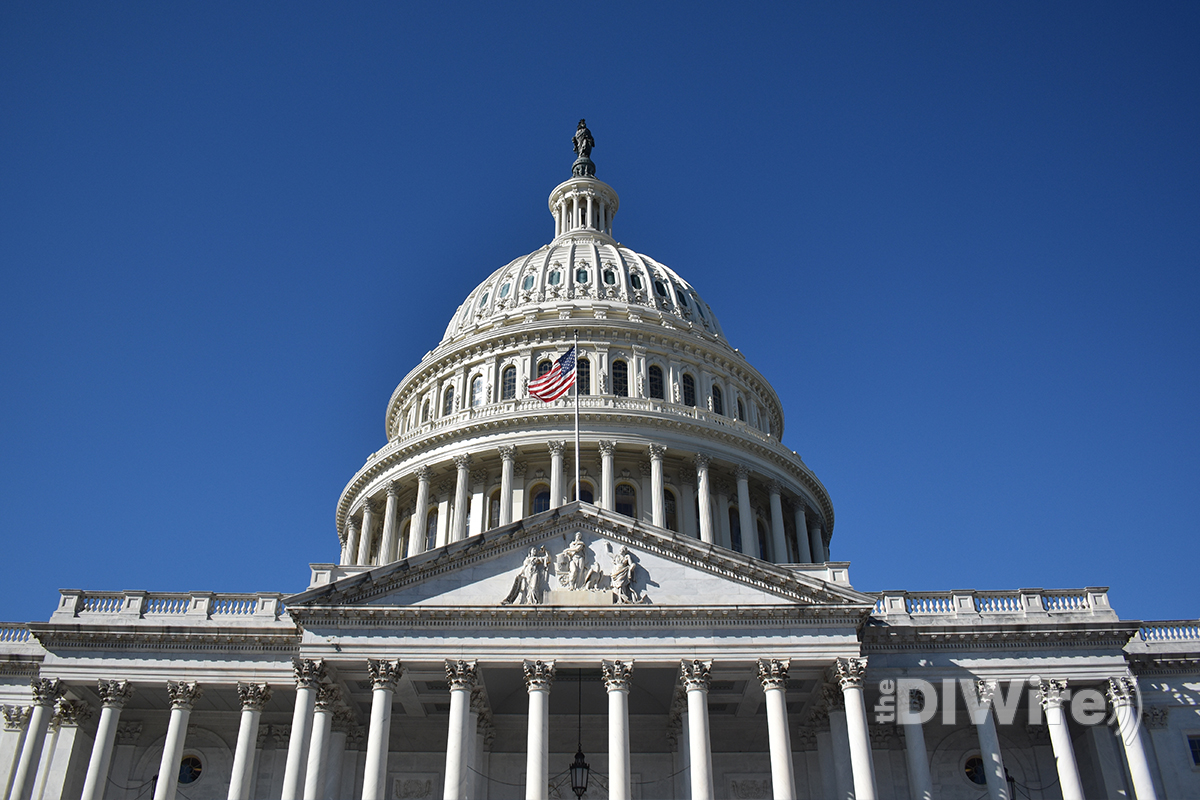House Lawmakers Unanimously Pass Two Bills to Expand Accredited Investor Definition

The U.S. House of Representatives unanimously approved via voice vote two bills this week that would expand the accredited investor definition.
The Accredited Investor Definition Review Act, grants discretion to the Securities and Exchange Commission to determine what certifications, designations or credentials investors must have to be accredited. It will also require the agency to review the accredited investor definition every five years.
The House also passed The Fair Investment Opportunities for Professional Experts Act, a bill introduced by Rep. Bill Huizenga (R-Mich.), allows individuals with certain licenses, educational or professional backgrounds to be considered accredited investors.
“My legislation is about leveling the playing field,” said Huizenga. “Whether it’s in Kalamazoo or Portage, Benton Harbor or St. Joe, or Battle Creek or Springfield, investors should be able to support small business startups in their local community across southwest Michigan and around the nation.”
As currently defined by the SEC, an accredited investor is someone with a net worth that exceeds $1 million or an annual income in excess of $200,000, (or $300,000 jointly with a spouse). Financial professionals with certain licenses are also considered accredited regardless of income or net worth.
As reported by The DI Wire, the House last week also overwhelming passed the Equal Opportunity for All Investors Act of 2023, which directs the SEC and FINRA to create an administer a test that would allow individual who fail to meet other requirement to be designated as accredited.
While the SEC is expected later this year to promulgate a new rule that would likely result in fewer individuals meeting the accredited investor definition, passage of the three bills suggests that lawmakers on both sides of the political aisle prefer to expand access to private investment offerings to more Americans.

